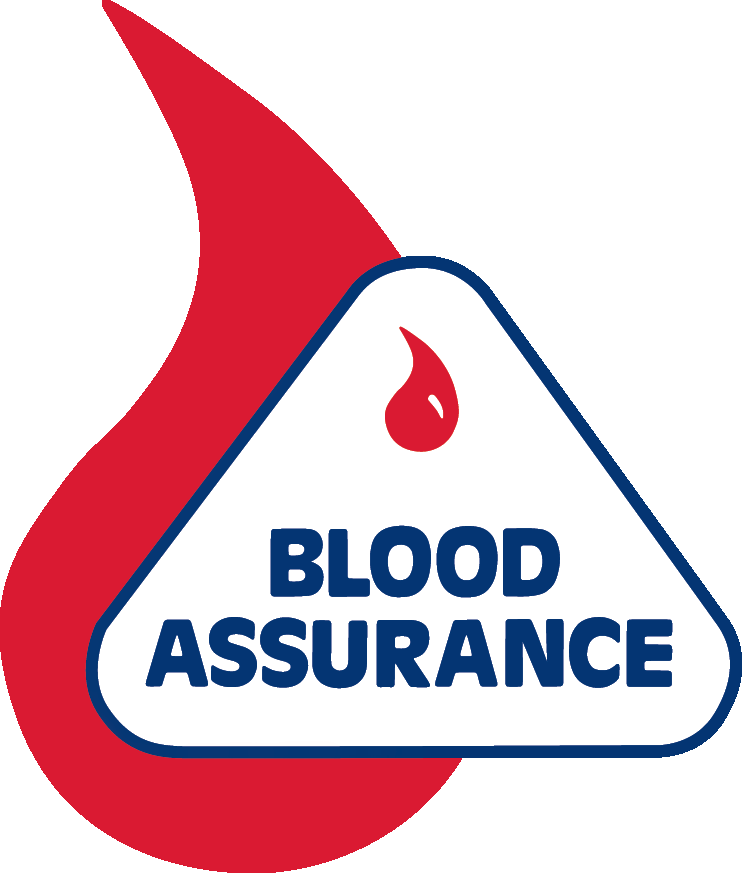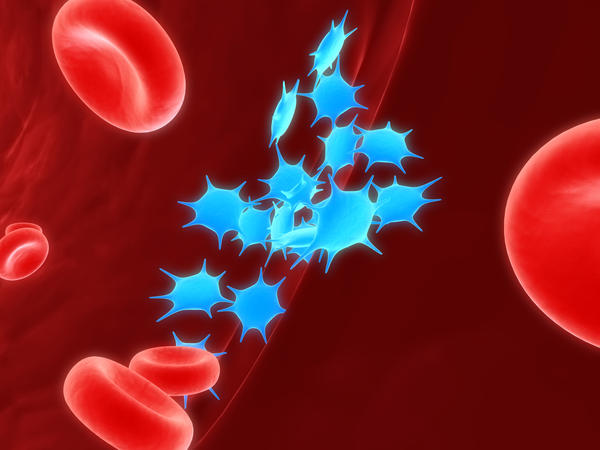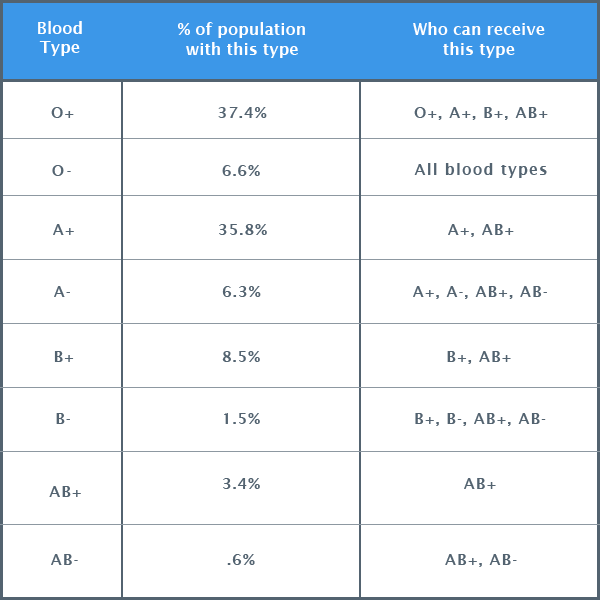WHat are the BLOOD COMPONENTS?
When a donation is received, the blood is tested, typed and stored at Blood Assurance until it is shipped to an area hospital. The following blood components are used by hospitals to treat patients in need of blood transfusions.
RED BLOOD CELLS
Red cells contain hemoglobin, and it is the hemoglobin that permits them to transport oxygen (and carbon dioxide). Hemoglobin, aside from being a transport molecule, is a pigment. It gives the cell its red color (and name). A red blood cell is sometimes simply referred to as a red cell. It is also called an erythrocyte.
PLASMA
The liquid part of the blood and lymphatic fluid, which makes up about half of its volume. Plasma is devoid of cells and, unlike serum, has not clotted. Blood plasma contains antibodies and other proteins.
PLATELETS
An irregular, disc-shaped element in the blood that assists in blood clotting. During normal blood clotting, the platelets clump together (aggregate). Although platelets are often classed as blood cells, they are actually fragments of large bone marrow cells called megakaryocytes.
What are the Blood Types?
What are the Donation requirements?
High school students who are 16 years of age require one-time parental consent: consent form-English , consent form-Español and weigh at least 110 pounds. Other donors must be at least 18 years old.
When checked by our donor care specialist, your iron level must be at least 12.5 g/dL for females and 13.0 g/dL for males.
Your blood pressure cannot be higher than 180/100 mm Hg or lower than 90/50 mm Hg. If you are currently taking medication you are eligible to donate as long as your blood pressure meets these requirements.
Your body temperature must be between 96.4 and 100.0 degrees F.
Your pulse rate must be no less than 50 beats per minute and no more than 100 beats per minute.
You will be asked a series of questions to ensure that you are eligible to donate.
Certain medications and medical conditions will prevent you from donating, at least temporarily. Call 800-962-0628 to inquire about your specific medical conditions or medications, or view the Medication Deferral List.





